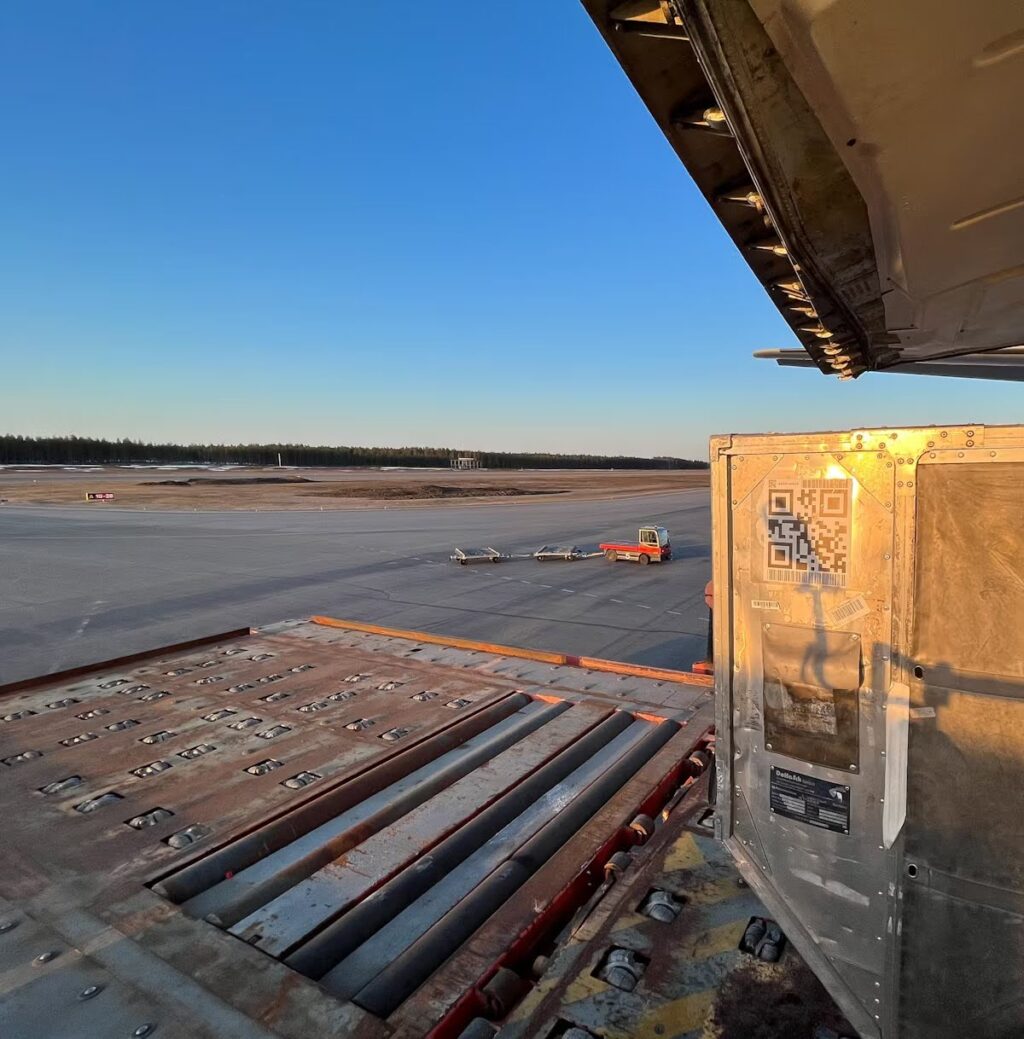5 Tips To Improve Your Air Cargo Services For Heavy Cargo Haul

Transporting heavy cargo by air requires precision, planning, and the right tools to ensure safety and efficiency. Unlike lighter shipments, heavy cargo presents unique challenges such as securing loads properly, meeting strict regulations, and optimising logistics. Improving your air cargo services not only builds customer trust but also reduces the risk of damage and delays.
Here are five tips to strengthen your operations when handling heavy cargo hauls.
1. Invest in a CGU 8/A Tensioner
Securing heavy cargo is one of the most critical parts of air transport, and using the right equipment makes all the difference. Investing in a CGU 8/A tensioner provides a reliable solution for strapping and tightening heavy loads.
These high-performance tensioners are designed to withstand extreme pressure, ensuring cargo remains firmly in place during turbulence and handling. By reducing the risk of shifting or damage mid-flight, a tensioner not only improves safety but also enhances customer confidence in your service.
2. Prioritise Load Planning and Weight Distribution
Efficient load planning is essential when transporting heavy cargo. Uneven weight distribution can compromise aircraft stability and increase risks during takeoff and landing. Using advanced cargo management software helps you plan load placement, balance weight evenly, and maximise available space.
This reduces operational risks while ensuring compliance with aviation safety regulations. A carefully planned load not only improves efficiency but also extends the aircraft’s lifespan by preventing undue stress on its structure.
3. Train Staff in Heavy Cargo Handling Protocols
Your staff are at the heart of air cargo services, and proper training ensures safety and reliability. Handling heavy cargo requires specialised skills in loading, securing, and unloading to prevent accidents or damage.
Regular training sessions on equipment use, safety procedures, and emergency protocols build competence and confidence among your workforce. Skilled staff reduce downtime, improve customer satisfaction, and help avoid costly mistakes that can occur during heavy cargo operations.
4. Use Specialised Equipment for Oversized Loads
Not all heavy cargo fits neatly into standard containers. For oversized shipments such as machinery, vehicles, or industrial components, using specialised equipment like high-capacity forklifts, pallet dollies, and custom-built crates is essential.
Investing in modular cargo systems allows for greater flexibility when handling unique items. By equipping your facility with the right tools, you’ll streamline operations, improve safety, and expand your ability to take on more complex shipments.
5. Strengthen Partnerships with Logistics Providers
Air cargo services for heavy hauls often require coordination with multiple logistics providers, including ground transport and customs brokers. Building strong partnerships ensures smooth operations from pickup to final delivery.
Collaborating with trusted logistics partners also helps streamline customs clearance, reduce transit times, and provide better tracking for customers. A strong network not only increases efficiency but also expands your business’s reach across global markets.
Conclusion
Improving your air cargo services for heavy cargo hauls requires a balance of the right equipment, skilled staff, and strategic partnerships. With these strategies, your business will be well-positioned to handle the challenges of heavy cargo transport in today’s competitive aviation industry.






